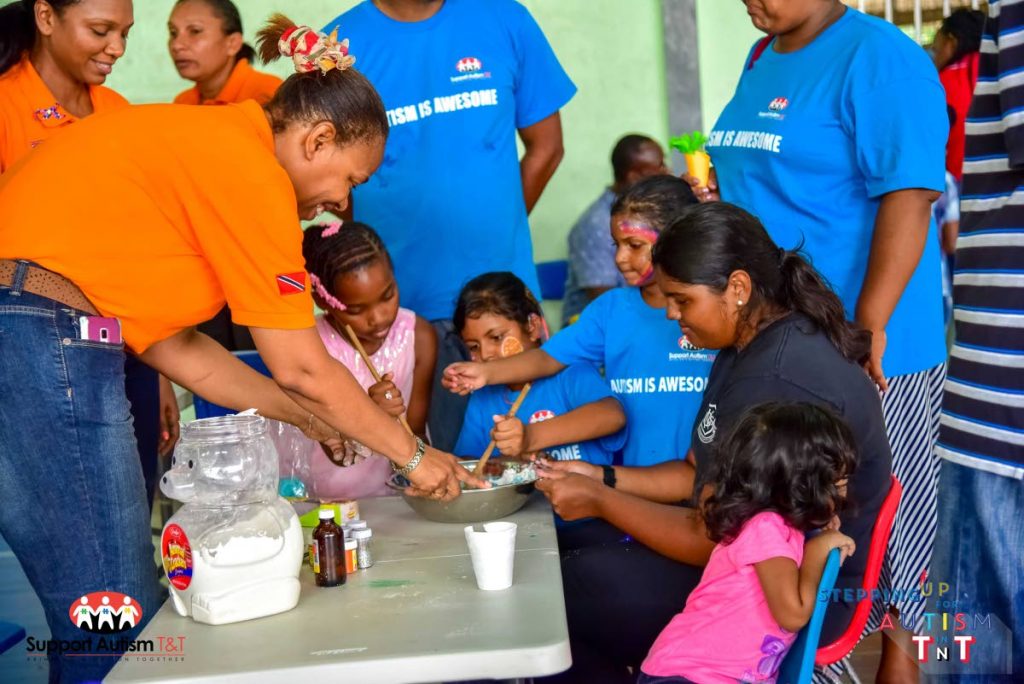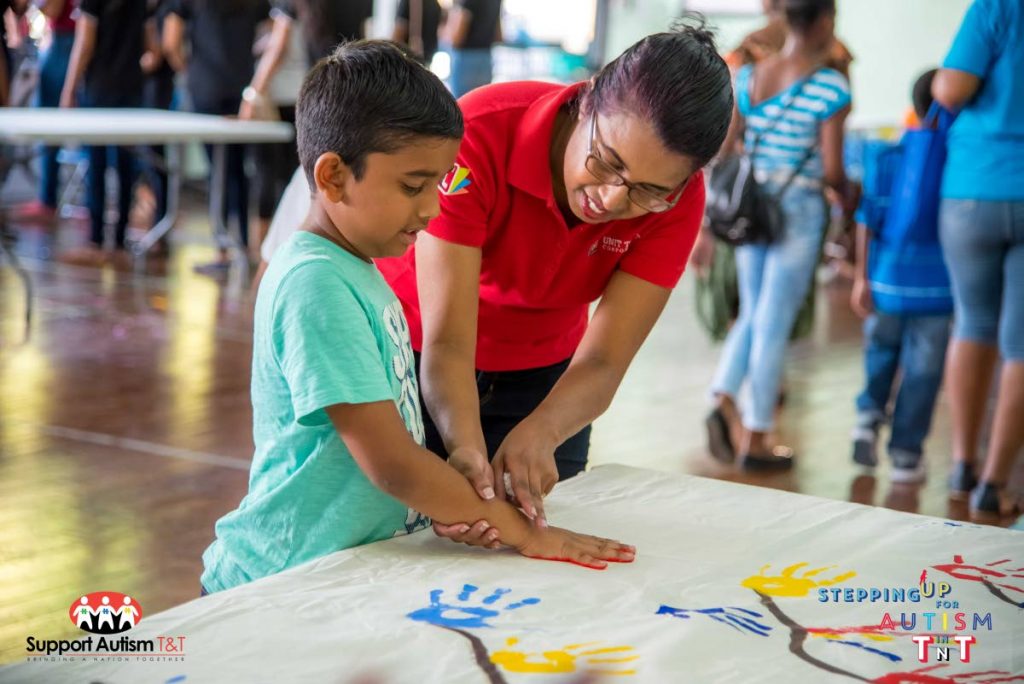Mainstream education for children with autism

DR RADICA MAHASE
AKEIL is a 15-year-old boy who has been diagnosed with autism since he was five-years-old. For the last ten years, his parents have struggled to educate him. He started off in a regular preschool but as he got older the teachers admitted that they were not trained in special education and his parents found another school for him. This was also a preschool and the teachers were also not trained but did not admit that. His parents took him out of that school when they realised that he was punished for his low academic performance and his "bad behaviour."
This was the general trend for the other schools – either the teachers didn’t understand him or couldn’t cater to his special needs. Even when he attended both a private and a public special needs school, it didn’t work out for him as his behaviour was seen as aggressive and the teachers were simply overwhelmed. Six schools later and he’s now at home. In fact, he’s been at home for the past four years. And being "at home" doesn’t mean that he’s being homeschooled – while his parents try to do activities, etc with him, it’s more playtime rather than a proper educational curriculum.
Sadly, children like Akeil eventually fade into the background; forgotten by a country that does not cater to their needs, they remain at home with very little opportunity to lead fulfilling lives in society. And Akeil is not the only child with autism who is at home, neither is he the only one who has changed schools so many times.
Often, parents and caregivers are just desperate to get their children into a school that they keep trying with different schools; when they resort to keeping their children at home it’s because they have exhausted all their options. Many who opt to homeschool know that their children are safer and maybe even happier at home, away from teachers, who are not properly trained to teach special needs children or other children, who do not understand them and laugh at or bully them.
The things is, there are some children with autism who are higher functioning on the spectrum and who can fit into the public school system if they are just given the right tools/help. One form of valuable help is a teacher’s aide.

It is very difficult for a teacher in both primary and secondary schools to teach a class of 20-plus students and be able to give individualised attention to someone with special needs. That’s why teacher’s aides are so important – they act as a support system for the child in the classroom and the general school environment.
According to the Ministry of Education, Government of New Zealand, a teacher’s aide will carry out learning activities with the child; help the child’s teacher by using strategies to manage the child’s behaviour; work with other students in the class and encourage students, including the special needs child, to play and work together and learn from each other; if the child has special health or physical needs, a teacher’s aide can help with medicines, feeding, toileting, moving about the school and using specialised equipment.
In the USA, some schools allow a shadow, an individual who acts more or less in the same role of a teacher’s aide, but employed by the parents.
Here in TT we do not seem to understand the importance of a teacher’s aide in the integration process at public schools. There are parents who have applied and have been waiting for a teacher’s aide to be assigned to their child for three years and counting; there are principals who tell parents that they cannot accept their child in the school unless the child has a teacher’s aide. Thus, the child cannot attend the school without an aide and when the Ministry of Education does not allocate an aide to the child, parents either cannot find or cannot afford a private school and the child ends up at home.
Teacher’s aides can be one of the first steps towards restructuring the local public school system to cater for those with special needs. In fact, if the Ministry of Education is serious about revamping the public school system to accommodate those with special needs, then a good place to start would be with hiring and training of suitable individuals as teacher’s aides.
Dr Radica Mahase is founder/director, Support Autism T&T

Comments
"Mainstream education for children with autism"